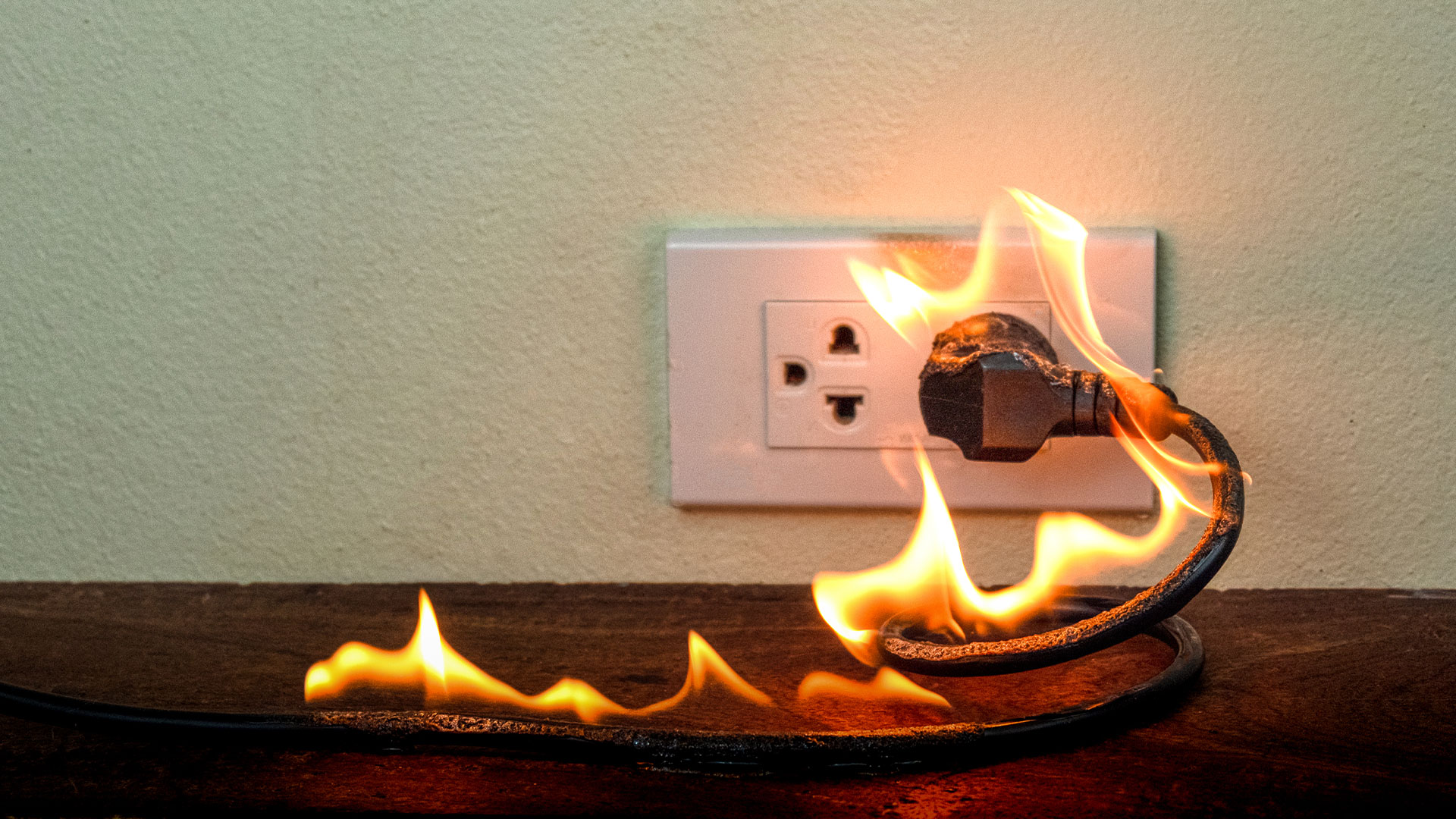
Some common electrical violations for homes:
Here are some common electrical violations that homeowners may encounter:
- Overloaded Circuits: Plugging too many electrical devices into a single can overload the circuit and create a fire hazard. This can also cause circuit breakers to trip or fuses to blow, leading to power outages.
- Inadequate Grounding: Electrical systems need to be properly grounded to ensure that excess voltage is safely directed to the ground in case of a fault. If the grounding is inadequate, there is a risk of electric shock and electrocution.
- Outdated Electrical Panels: Older electrical panels may not be equipped to handle the electrical demands of modern homes. This can cause breakers to trip frequently and can create a fire hazard.
- DIY Electrical Work: Homeowners who attempt to perform their own electrical work without proper training and certification can create unsafe conditions, including faulty wiring, overloaded circuits, and shock hazards.
- Lack of GFCI Protection: Ground Fault Circuit Interrupter (GFCI) outlets are required in areas of the home where there is a risk of electrical shock, such as kitchens, bathrooms, and outdoor areas. If GFCI outlets are not installed, there is a risk of electric shock and electrocution
These are just a few common electrical violations that homeowners may encounter. It is important to hire a licensed and experienced electrical contractor to inspect your electrical system and address any violations to ensure the safety of your home and family.
